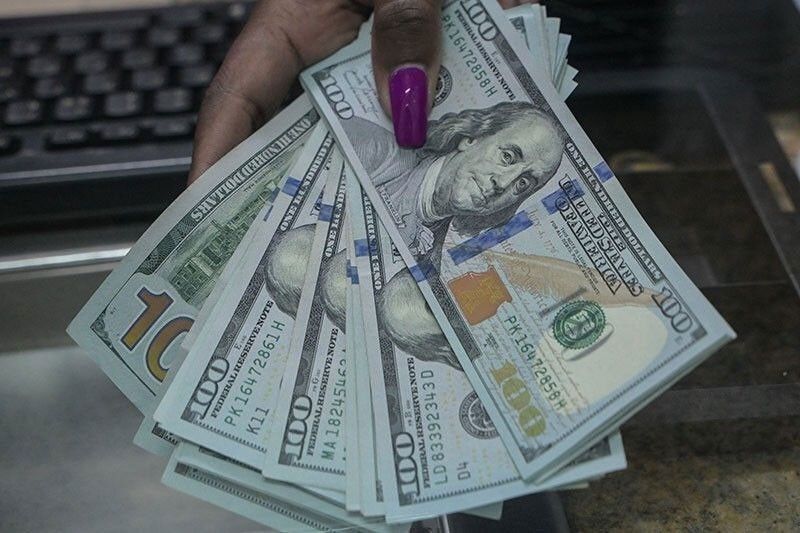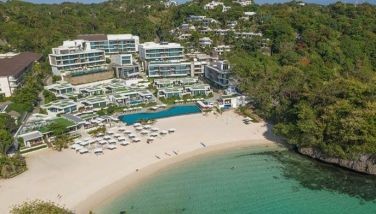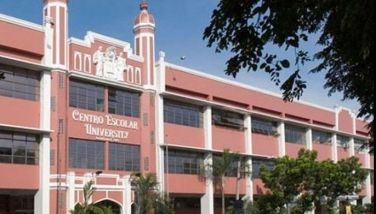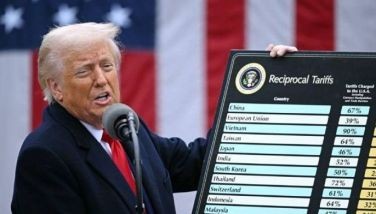FDI inflow slows to $731 million in January

MANILA, Philippines — The inflow of foreign direct investments (FDI) contracted by 20 percent to $731 million in January from $914 million in the same month last year amid persistent global economic uncertainty and escalating geopolitical tensions, data from the Bangko Sentral ng Pilipinas (BSP) showed.
However, the January inflow was nearly seven times the $110 million recorded in December 2024. It marked the largest inflow in two months or since the $922 million in November last year.
Reinielle Matt Erece, an economist at Oikonomia Advisory & Research Inc., said the decline could be attributed to global economic uncertainty, especially with the onset of trade wars.
“With the ongoing trade uncertainty, investors are unwilling to invest in capital and would rather hold safer assets such as gold or treasuries to maintain liquidity in this risky economic environment,” Erece said.
He said this cautious sentiment is likely to persist in the coming months as trade conflicts escalate between the United States and China, two of the Philippines’ biggest trading partners.
Investments in debt instruments fell by 37.7 percent to $519 million in January from $833 million in the same month last year. These investments consist mainly of intercompany borrowing between foreign direct investors and their subsidiaries or affiliates in the Philippines.
This was tempered by the growth in nonresidents’ investments in equity capital (other than reinvestment of earnings), which turned to net inflows of $88 million in January from net outflows of $11 million a year ago.
Equity infusions mainly came from Japan, the US, Singapore and Malaysia. The inflows were channeled into manufacturing, financial and insurance as well as real estate industries.
On the other hand, equity withdrawals amounted to $14 million in January, 37.7 percent lower than the $110 million pulled out in the same month last year.
To mitigate the impact of the negative market sentiment, Erece said the government should boost the domestic economy.
He said the Philippine economy has the potential to remain resilient amid international trade tensions.
“In addition, establishing trade agreements with other countries, especially the US, can help the country maintain a relatively stable outlook on the trade sector,” he said.
For the next two years, the BSP targets to hit $9 billion in FDI inflows.
- Latest
- Trending





























